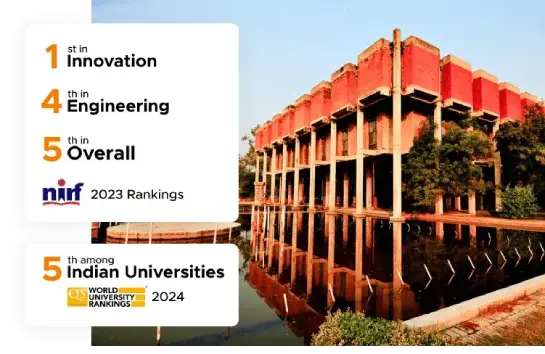Lead the Next Gen Infra Projects
e-Masters in Sustainable Construction Practices and Project Management
Prepare and equip yourself with skills in green construction, project planning,
and risk management for a successful career in the construction industry



- No GATE Score required
- IIT Kanpur Alumni Status
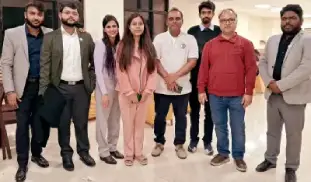
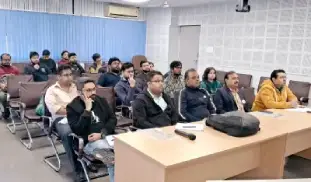
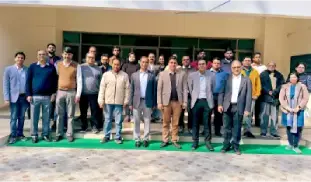
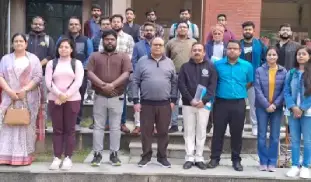

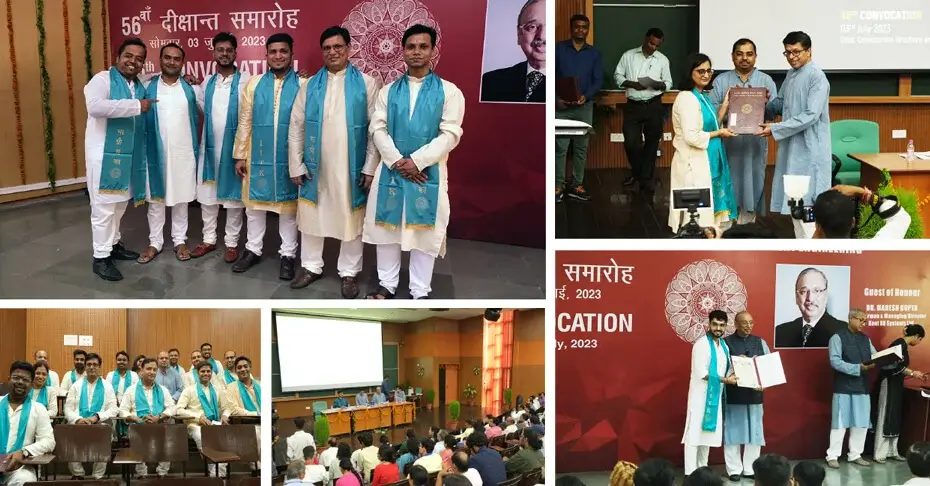

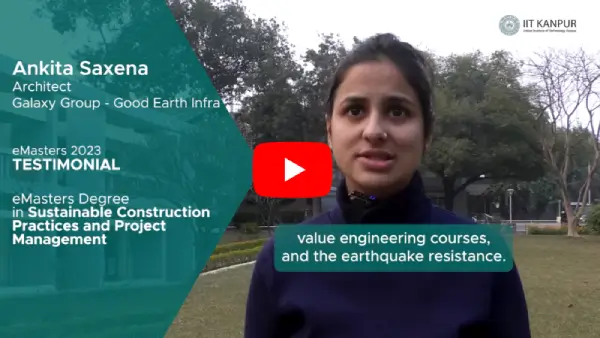



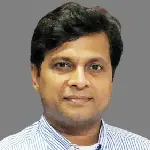 Debajyoti Paul
Debajyoti Paul Live Interactive Sessions
Live Interactive Sessions Case study-based Learning
Case study-based Learning Projects
Projects  Periodic Assessments
Periodic Assessments Online Examination
Online Examination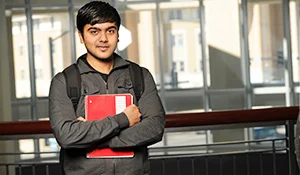 Campus Visit
Campus Visit
 Education loan avail from
Education loan avail from 
